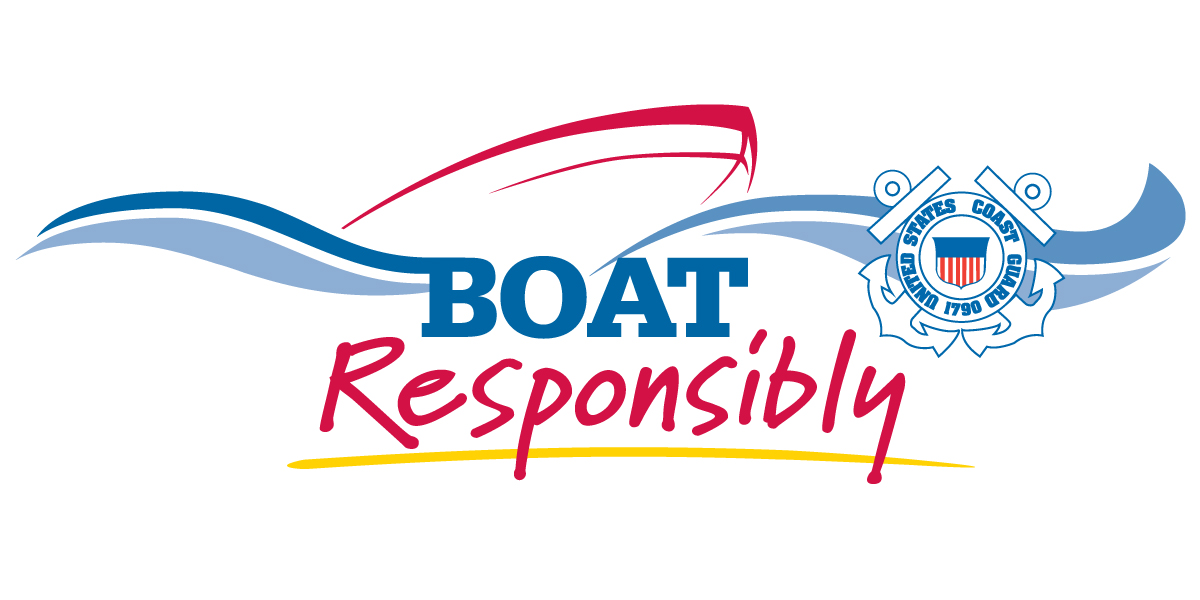 |
 |
 |
Note: Click on photos for link to high resolution video and photos.
YANKEETOWN, Fla.— The Coast Guard continues to search for a missing boater near Cedar Key, Florida, after rescuing two men from a 23-foot capsized boat Saturday.
Missing is Gilbert Valdes, 54, from Eldersburg, Maryland. Rescued was Garrick Valdes, 50, from Locust Grove, Virginia, and Bruce Smith from Alachua, Florida.
At 10:05 p.m., Friday, watchstanders from Coast Guard Sector St. Petersburg, Florida, received a report stating the three men had left Alachua at 5:30 a.m. via truck and trailer and never returned.
At 3 a.m. officers from Florida Fish and Wildlife Conservation Commission confirmed the truck and trailer were at the Cedar Key boat ramp.
An MH-60 Jayhawk helicopter rescue aircrew from Air Station Clearwater, Florida, and a 27-foot Utility Boat-Medium from Station Yankeetown, Florida, were launched to commence the search.
At 7:25 a.m. the Jayhawk rescue crew located Gerrick Valdes and Smith aboard their capsized boat six miles south of Sea Horse Key, Florida. The men were hoisted and transported to EMS at Cedar Key airport.
FWC and Cedar Key Fire and Rescue are aiding in the search. The Coast Guard has also launch an HC-130 Hercules aircrew to assist in the search.
For breaking news follow us on Twitter @USCGSoutheast
Editor's note: In previous versions, Gilbert Valdes was incorrectly reported to be from Elders Bird, Maryland.







